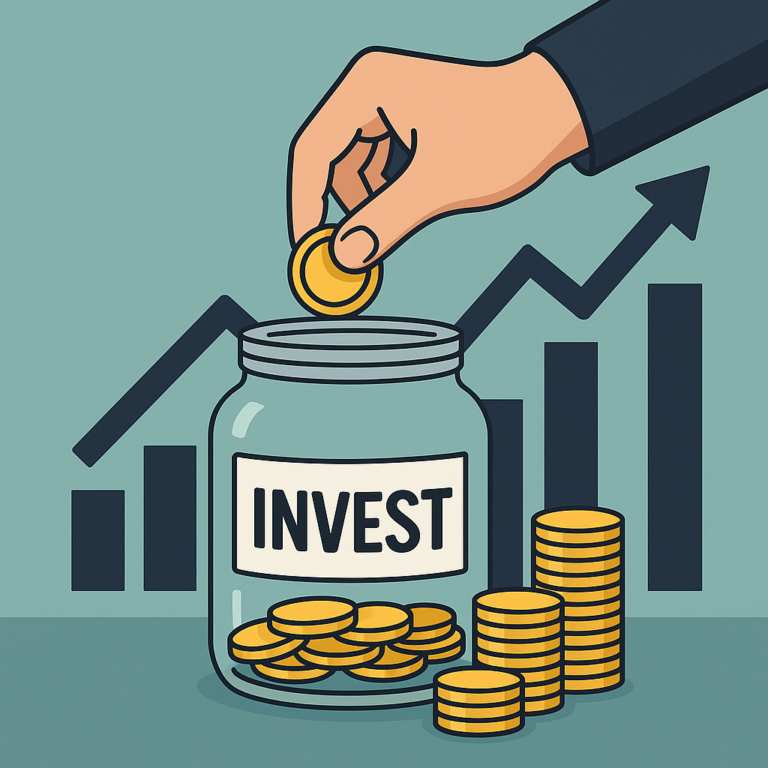How to Decide Between Bonds, Cash, or Stocks
“What should I invest in?” is the first question most beginners ask.
But the better question is: “When will I need the money?”
That one question helps you figure out whether to park your money in stocks, bonds, or cash — and avoid making costly mistakes.
🧭 Step 1: Ask Yourself “When Will I Need This Money?”
This is the key.
- If you need the money in the next 6–12 months → Keep it in cash
- If you need it in 1–5 years → Consider bonds or a mix of bonds + stocks
- If you don’t need it for 5+ years → Stocks are usually your best bet
The longer your time horizon, the more risk you can afford — and the more return you can capture.
For example, I knew I wanted to buy a house in about 2 years, so I kept that savings in high-yield cash accounts — not stocks.
But for my retirement money, I stayed fully invested in a total stock market ETF.
💵 When to Keep It in Cash
Cash is safe, predictable, and boring — and that’s exactly what you want if you’ll need the money soon.
Use:
- High-yield savings accounts (like Ally, SoFi, or Schwab)
- Money market funds
- Short-term CDs
Cash is perfect for:
- Emergency funds
- Down payments within a year
- Buffer savings
Don’t invest money you can’t afford to lose in the short term.
🧾 When to Consider Bonds
Bonds are great when:
- You need the money in 1–5 years
- You want more growth than cash but can’t handle full stock market risk
They offer stability and modest returns — and are especially useful when the market is shaky or interest rates are decent.
Best options:
- Treasury bonds
- Bond ETFs (like BND or AGG)
- I-Bonds (especially for inflation protection)
You could also do a 60/40 mix (60% stocks, 40% bonds) for medium-term goals.
📈 When to Stick with Stocks
If your goal is 10+ years away, stocks are almost always the winner.
They’re volatile in the short term, but historically average 7–10% returns over time.
Best for:
- Retirement accounts
- Long-term wealth building
- 529 plans for kids under age 10
Simple options:
- Total stock market ETFs (like VTI, SWTSX, FZROX)
- S&P 500 index funds
- Target-date retirement funds
✅ Final Thought: Time First, Then Tools
Before you get caught up in what’s hot or what other people are doing, figure out your timeline.
Then choose the tool — cash, bonds, or stocks — that fits that time horizon.
That one shift in thinking changed how I invested — and gave me way more confidence along the way.

